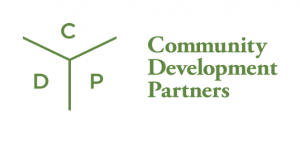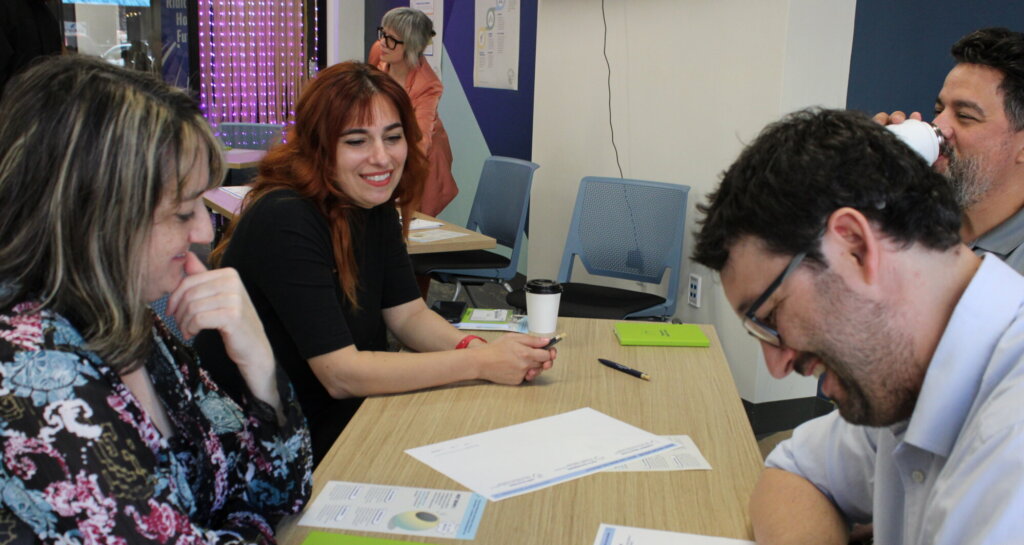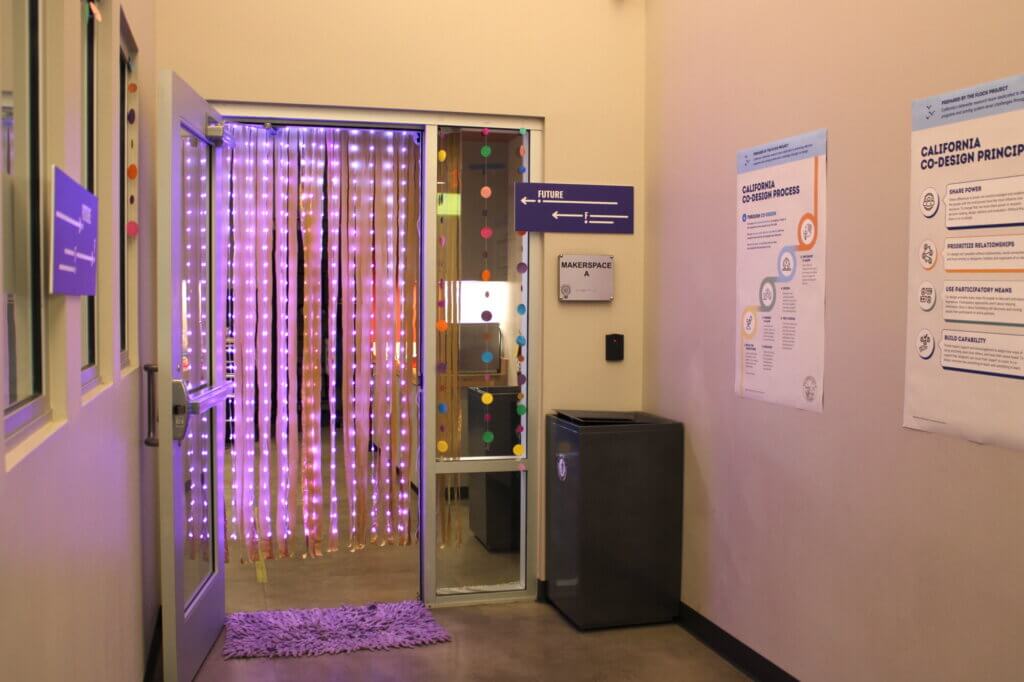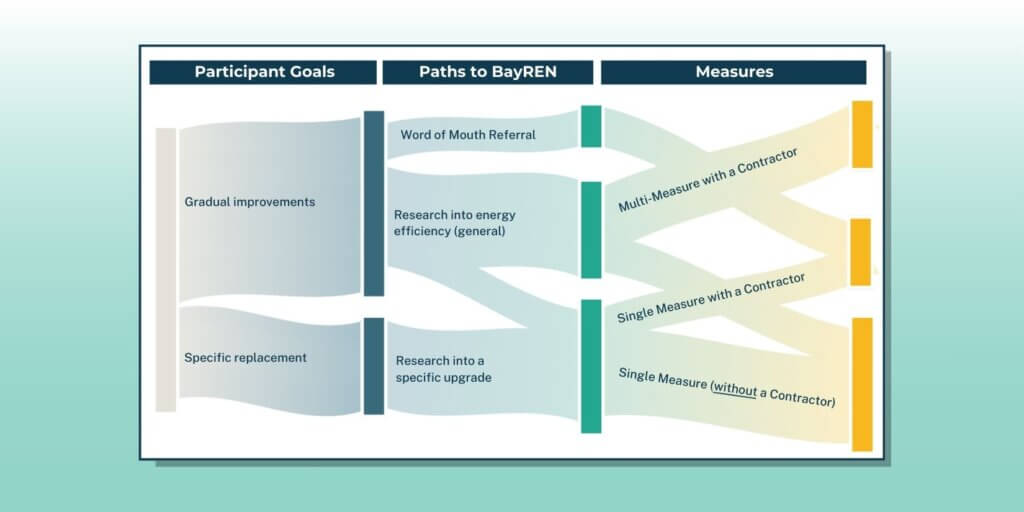Blog Post
The CivicMakers Menu of Services
The CivicMakers Team is hitting a celebratory milestone in November, 2025 - 10 years of bringing human-centered design to public…
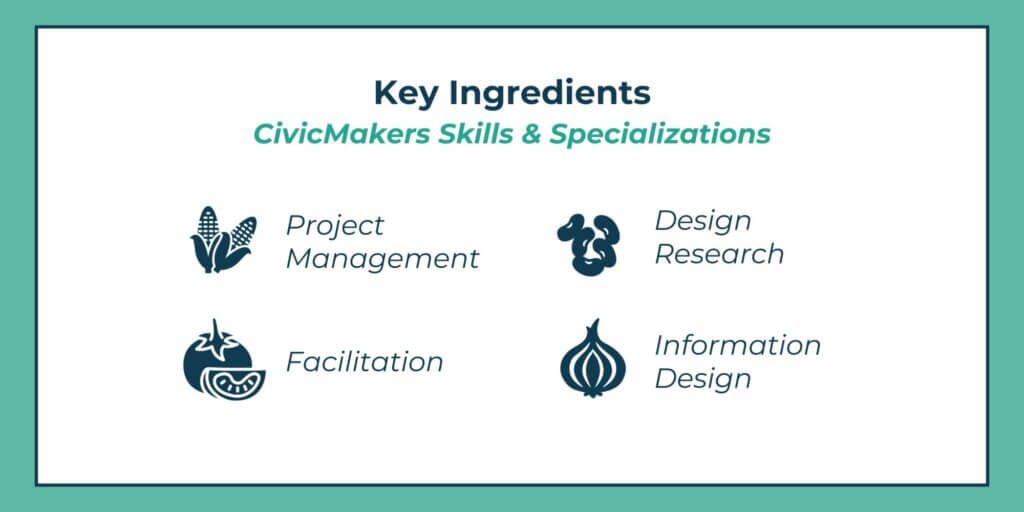
In collaboration with Community Development Partners (CDP) and David Baker Architects (DBA), and in partnership with Portland State University’s Center for Public Interest Design (CPID), we led a 9-month asset-based community development process to identify neighborhood service needs and gaps, foster partnerships with local nonprofit organizations, and build community support for a 160-unit affordable housing development in San Jose. The co-design process included stakeholder interviews, a commercial space design workshop, an accessibility design workshop, and a community-wide engagement meeting.
“At CDP, we are committed to engaging with the local communities and neighborhoods for all of our projects. We believe this provides the best outcomes, not only for the project itself, but most importantly for the future residents who will call it home. Our project at 525 N. Capitol is our first in San Jose, and it was critical that we had a rooted and established partner to support our community engagement work. CivicMakers was a diligent, compassionate, and creative partner, supporting these efforts in a way that aligned with our company values and mission.”
Reid Bradshaw Senior Development Manager, Community Development Partners
The CivicMakers Team is hitting a celebratory milestone in November, 2025 - 10 years of bringing human-centered design to public…
At California Workforce Association’s (CWA) Meeting of the Minds conference in Monterey (September 2025), we invited participants to time travel…
